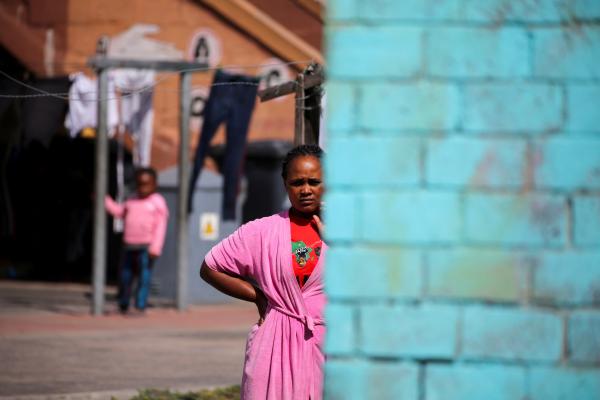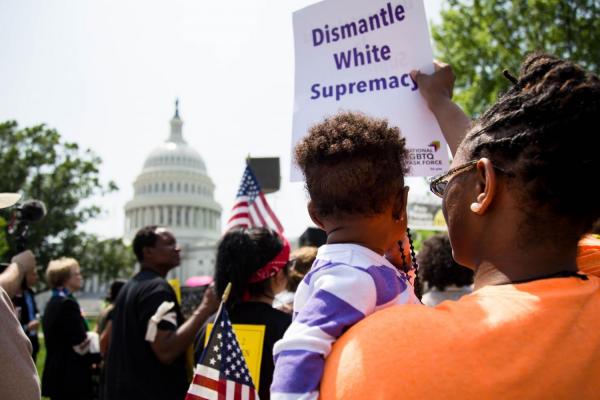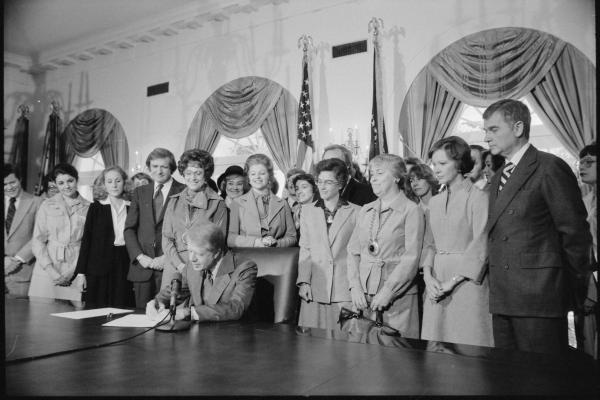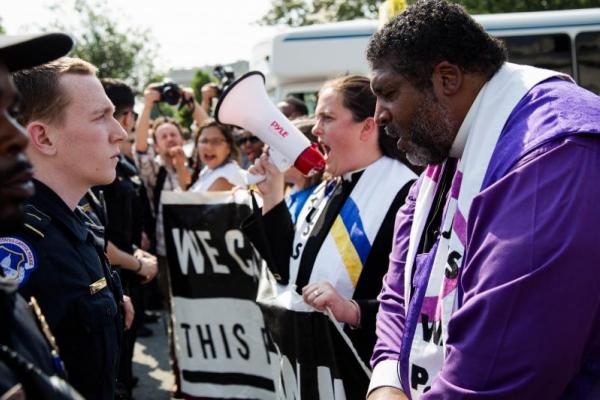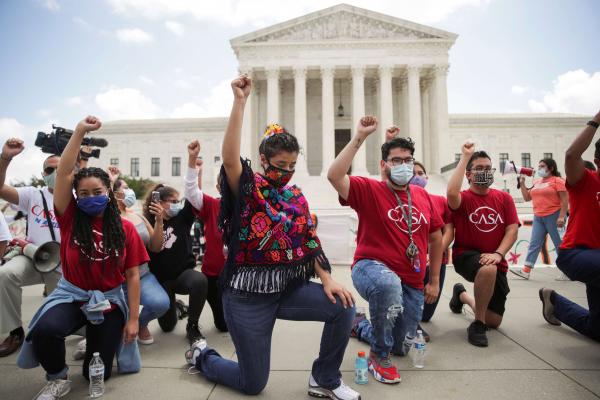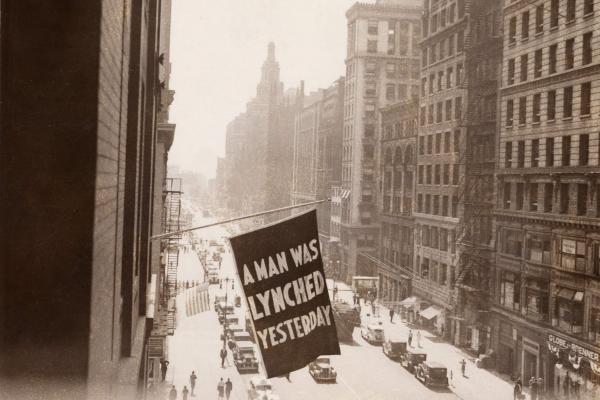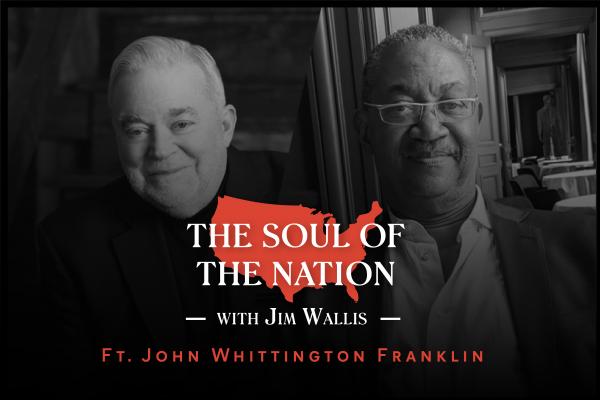“I was very scared when I saw them coming with their trucks,” Annie Paul, who was inside her shack on the day of the demolition, said. “Before I could pick up some of my stuff to leave, they had already started pulling the building down and in a matter of minutes, everything was gone. They didn’t allow us to pick anything.”
On the 155th observance of Juneteenth, a collective of Black church pastors and theologians released a theological statement to “emphatically repudiate the evil beast of white racism, white supremacy, white superiority and its concomitant and abiding anti-Black violence.”
We have said from the very beginning of our work together that our goal is to shift the moral narrative in this country. And we know that means changing who holds power.
Because of evangelical political behavior over the last several decades, it’s tempting to believe that evangelicals have always supported right-wing causes and politicians. That is not the case, and there’s some reason to believe that in the run-up to the 2020 presidential election, we may be witnessing an awakening of conscience among some evangelicals. If so, progressive evangelicals could do far worse than look to the 1970s for inspiration.
Karen decided to leave monastic life. She found a rent-free cabin a few hours away in Colt Run Holler, W.Va. She moved in with just $100 and an old Ford Bronco. Alone in the woods, she became a hermit.
On Saturday, more than 2 million people gathered virtually to “call for a radical redistribution of political and economic power” as part of the Mass Poor People’s Assembly and Moral March on Washington Digital Justice Gathering.
Immigrants have been willing to carry these oppressive burdens because there are no other options to make a way for our status in the system. The mantras playing in our head are the horrific echoes of a system that values immigrant people because of their economic contribution and slowly takes away their breath in favor of building an empire.
I’ve never been more scared for my Black son, but I knew this is what we had to do.
Third-generation historian John Whittington Franklin discusses with Rev. Jim Wallis how Black history is integral to a larger American historical narrative.
